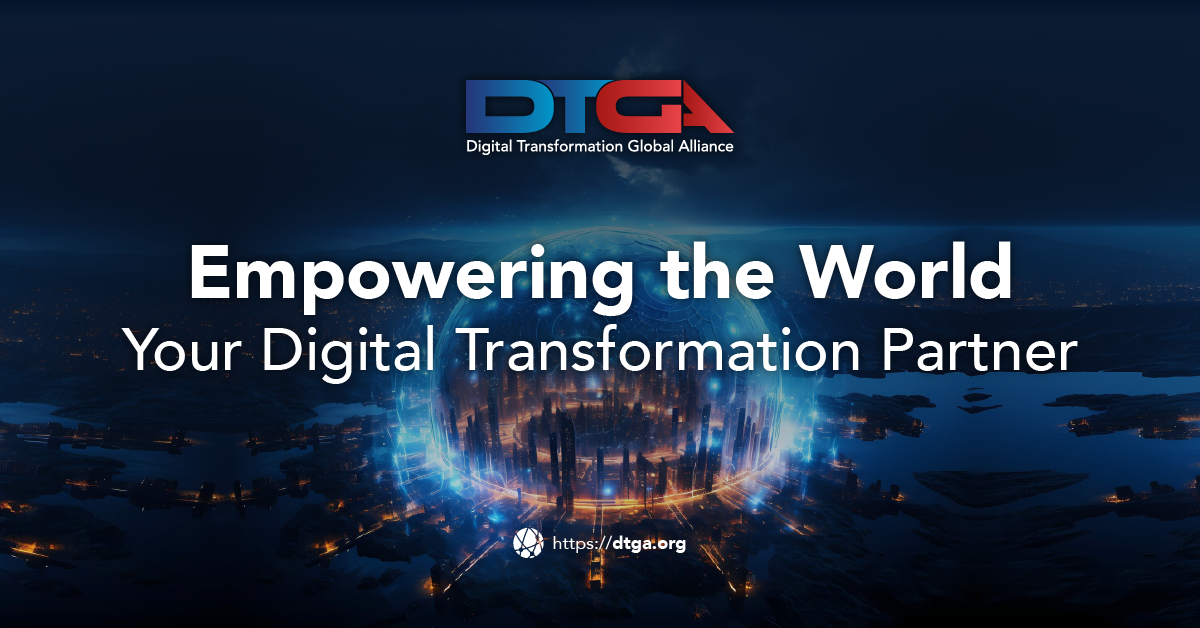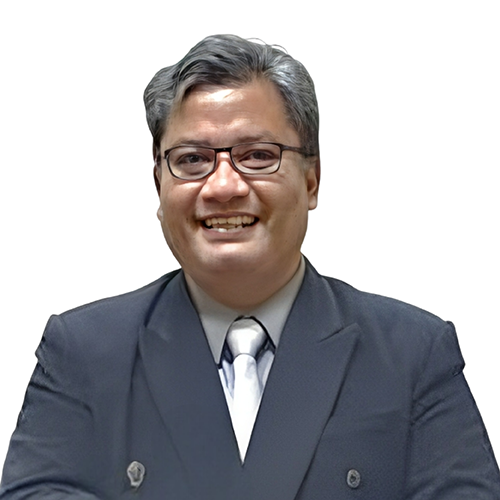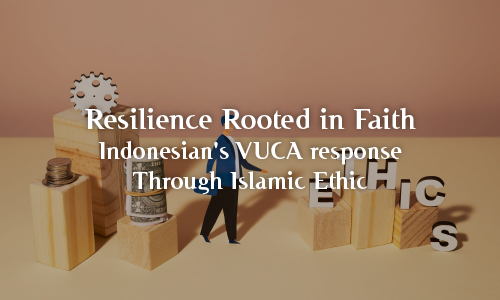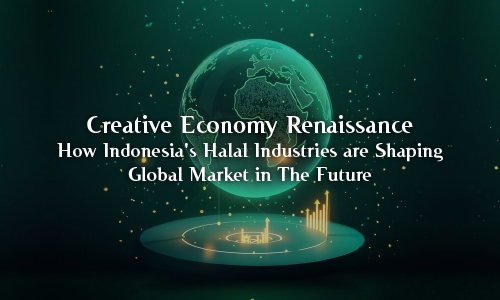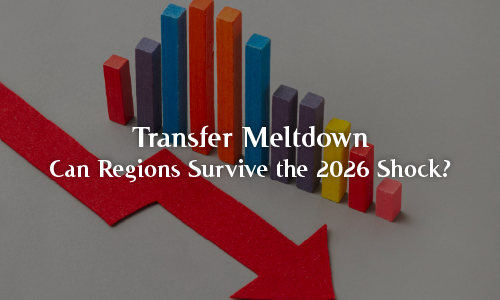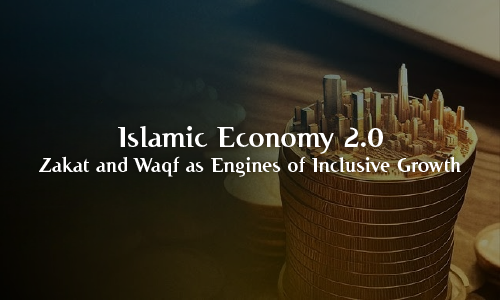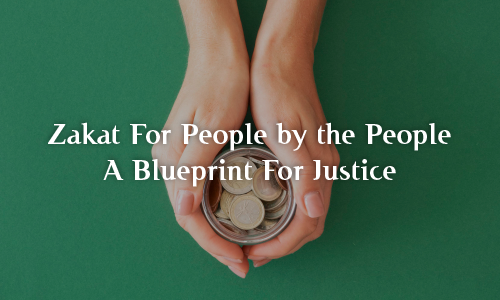
Summary: This article explores the transformative potential of decentralizing zakat distribution in modern Muslim societies. Drawing from historical practices, current challenges, and real-world examples, particularly in Indonesia, it argues that localizing zakat management can enhance impact, rebuild public trust, and address poverty more effectively. The decentralized model empowers communities to allocate resources where they are most needed, ensures faster and more humane responses, and aligns with the ethical and spiritual goals of zakat. As digital technology opens new avenues for transparent and accountable giving, the future of zakat lies in bringing it closer to the people, making it not just an obligation, but a meaningful act of collective empowerment.
Introduction
In a world of unprecedented wealth and prosperity, the shadow of poverty continues to haunt large segments of society, particularly within Muslim communities. Despite the abundance of resources and the widespread availability of philanthropic tools, including zakat, the impact of these instruments is often hindered by the structural systems that govern their distribution.
Zakat, one of the five pillars of Islam, is not merely a financial obligation, it is a divine mandate designed to reduce economic inequality and foster social solidarity. Yet, the debate around its management, particularly between centralized and decentralized systems, raises critical questions about effectiveness, equity, and local empowerment.
Understanding the Essence of Zakat
Zakat is more than a religious ritual. It embodies a multidimensional approach to faith, economics, and social responsibility. Spiritually, it purifies the wealth of the giver and reinforces obedience to God. Economically, it functions as a redistributive mechanism that reduces the wealth gap, stimulates productive capacity, and enhances community welfare.
But to fully realize zakat's transformative power, one must examine how it is collected, managed, and distributed. Historical precedents show that both centralized and decentralized models have been used, each shaped by political, social, and economic contexts.
The Case for Decentralization
In today's complex and interconnected societies, the call for decentralized zakat management is gaining momentum, especially in regions like Indonesia, where poverty is…


